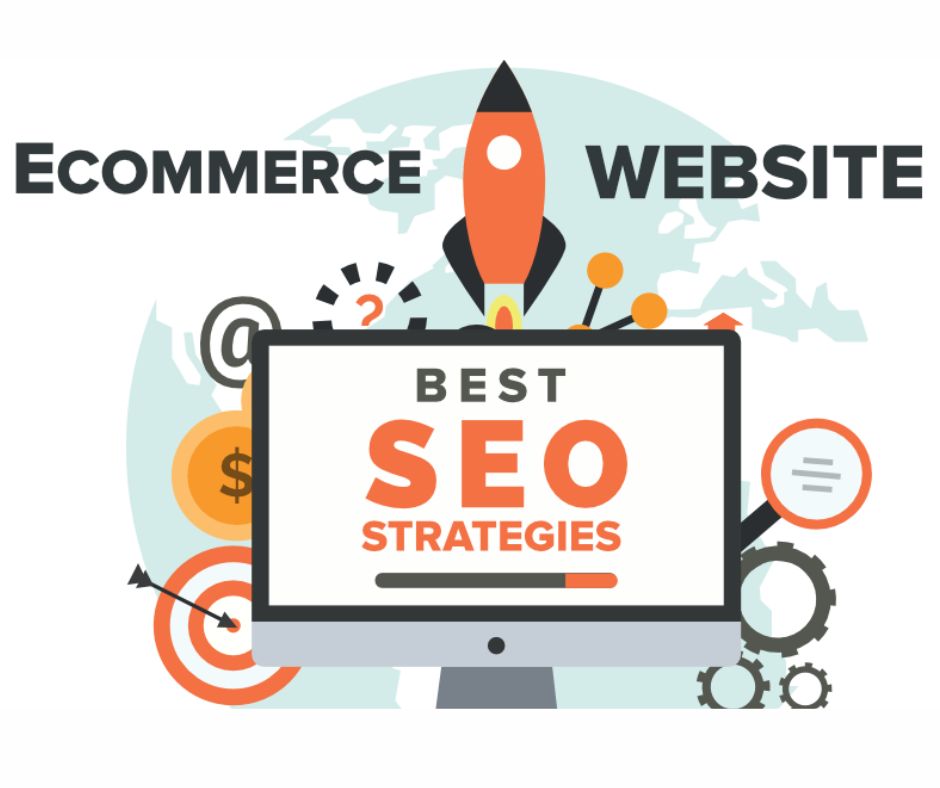
In the vast landscape of e-commerce, having a visually appealing online store is just the first step toward success. To truly thrive in the digital marketplace, you need to ensure that your e-commerce website is easily discoverable by your target audience. This is where e-commerce SEO (search engine optimization) comes into play. In this comprehensive guide, we'll explore the key strategies for optimizing your e-commerce website, from conducting effective keyword research to implementing on-page SEO and building valuable backlinks.
Before diving into the technical aspects of SEO, you must first identify the keywords and phrases that your potential customers are using to search for products like yours. Here's how to conduct effective keyword research for your e-commerce site:
Begin by identifying broad product categories or niches that are relevant to your business. These will serve as your primary keywords. For instance, if you sell athletic shoes, your broad categories might include "running shoes," "basketball shoes," and "cross-training shoes."
Tools like Google Keyword Planner, SEMrush, and Ahrefs can help you identify specific keywords and their search volumes. Look for long-tail keywords (phrases with three or more words) that are both relevant and have moderate to high search volume.
Examine the keywords your competitors are targeting. Tools like SEMrush can provide valuable insights into your competitors' keyword strategies, allowing you to identify gaps and opportunities.
Think about the intent behind each keyword. Are users looking for information, comparison, or ready to make a purchase? Tailor your content and product pages accordingly.
Once you've identified your target keywords, it's time to implement on-page SEO strategies to optimize your e-commerce website for search engines.
Ensure that each product page has a unique and descriptive title tag and meta description that incorporate relevant keywords. This is the snippet that appears in search engine results and can greatly influence click-through rates.
Craft detailed, unique, and informative product descriptions that not only include keywords but also provide value to potential customers. Avoid duplicate content at all costs, as it can harm your SEO efforts.
Optimize product images by using descriptive file names and alt tags. This not only improves accessibility but also helps search engines understand the content of your images.
Create SEO-friendly URLs for your product pages. Include relevant keywords and avoid using long strings of numbers or special characters.
Link to related products and categories within your e-commerce site. Internal linking helps users navigate your site and distributes link equity throughout your website.
With the increasing use of mobile devices for online shopping, ensure that your website is mobile-friendly and loads quickly. Mobile optimization is a crucial ranking factor in search engine algorithms.
A positive user experience is not only vital for conversions but also impacts SEO. Ensure that your website is easy to navigate, with clear calls to action and fast-loading pages.
In addition to product pages, consider creating a blog or resource section on your e-commerce site. This allows you to target informational keywords, answer common customer questions, and establish your brand as an authority in your niche. Regularly publishing valuable content can also attract backlinks, which are essential for SEO.
Link building is a fundamental aspect of SEO. It involves acquiring high-quality, relevant backlinks from other websites to your e-commerce site. Here are some strategies to build valuable backlinks:
Write informative, industry-related articles for reputable websites within your niche. Include a link back to your e-commerce site in your author bio or within the content where relevant.
Collaborate with influencers in your industry to promote your products. Influencers often have a substantial online following and can provide valuable backlinks and exposure.
Create shareable and link-worthy content, such as infographics, case studies, or in-depth guides. Promote this content through social media and email marketing to attract backlinks.
Identify broken links on other websites within your niche, and reach out to the website owners with a suggestion to replace the broken link with a link to your relevant content.
Build relationships with other e-commerce businesses and bloggers in your industry. Networking can lead to collaboration opportunities and natural backlinks.
SEO is not a one-time effort; it's an ongoing process. Regularly monitor your website's performance in search engine rankings, organic traffic, and conversion rates. Make adjustments to your SEO strategy based on the data and changes in the e-commerce landscape.
Elevate Your E-commerce SEO Game
E-commerce SEO is a multifaceted process that involves meticulous keyword research, on-page optimization, content creation, and strategic link building. By implementing these strategies and continuously monitoring your website's performance, you can improve your e-commerce site's visibility, attract more organic traffic, and ultimately boost sales. In the competitive world of online retail, a well-executed SEO strategy can be the difference between obscurity and success. Start optimizing your e-commerce website today and watch your online business flourish.
